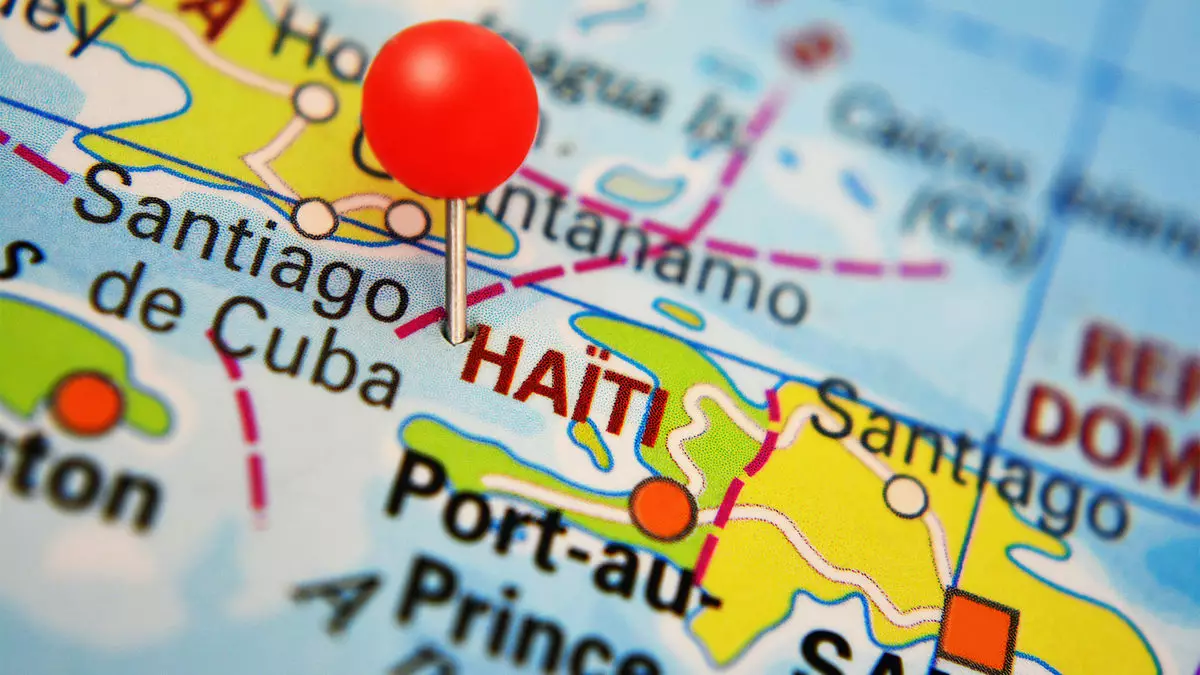Following alarming incidents earlier this week, the Federal Aviation Administration (FAA) has implemented a 30-day flight ban for U.S. airlines operating in Haiti. This decision was triggered after multiple aircraft from Spirit and JetBlue were reportedly struck by gunfire while preparing to land in Port-au-Prince. The new regulations additionally prohibit any flights in Haitian airspace below 10,000 feet, raising significant safety concerns for both passengers and airline personnel. As a result, Spirit, JetBlue, and American Airlines – the three main U.S. carriers servicing Haiti – are now adjusting their flight operations in light of these dramatic developments.
In the wake of these incidents, Spirit Airlines has made the decision to indefinitely suspend its routes from Fort Lauderdale to both Port-au-Prince and Cap-Haitien. This suspension is pending further assessment of security conditions in Haiti. Tensions were notably heightened on November 11, when a Spirit flight en route from Fort Lauderdale to Port-au-Prince was compelled to divert to the Dominican Republic following gunfire as it approached its destination. One flight attendant sustained minor injuries, a concerning statistic given the potential for greater harm. Fortunately, all passengers emerged unharmed, but the aircraft has been grounded for an investigation.
JetBlue, on the other hand, did not experience any immediate complications during its November 11 flight from Port-au-Prince to New York City. However, upon completion of the flight, a post-flight inspection revealed that the aircraft had been struck by a bullet. JetBlue has announced that it is collaborating with relevant authorities to investigate this incident thoroughly, indicating a potential systemic issue that needs urgent attention.
The increase in violence and lawlessness in Haiti has been mounting since the assassination of President Jovenel Moise in 2021, leading to a power vacuum and, subsequently, rampant gang activity. The gunfire incidents coincide with a significant political event: the appointment of Haiti’s latest prime minister, Alix Didier Fils-Aimé. This juxtaposition of violence and political transition underscores a volatile situation that leaves citizens and foreign nationals alike in a precarious state of insecurity.
In light of these challenges, it is imperative for international carriers and the U.S. government to evaluate the risks associated with air travel to Haiti. Without effective governance and a restoration of law and order, the chances of escalating incidents may remain high, and the safety of passengers and crew will continue to be jeopardized.
As the situation in Haiti continues to deteriorate, U.S. airlines must respond with heightened precaution and responsibility. The ramifications of this week’s incidents not only affect flights to Haiti but also pose broader concerns for safety in aviation. It is crucial that airlines, regulatory bodies, and international organizations work together to address these challenges. The importance of establishing secure travel corridors cannot be overstated, especially in regions ravaged by violence. Only through concerted efforts can we ensure the safety of those traveling to and from Haiti, as well as restore confidence in air travel in the region.

